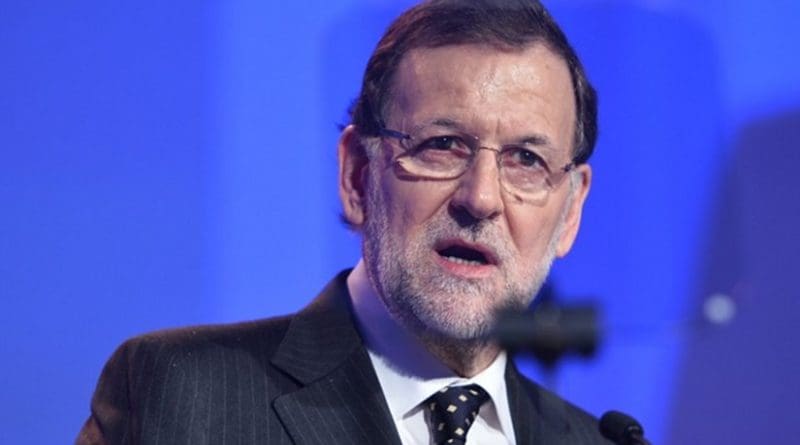Rajoy Says Spain Ready To Respond To Refugee Challenge
The acting Prime Minister, Mariano Rajoy, appeared before the Lower House of Parliament to report on the European Union Council meetings of February and March, as well as the EU-Turkey Summit held on 18 March. Rajoy said that the agreement on the refugee crisis meets all the demands contained in the Institutional Declaration approved by the Lower House of Parliament.
Mariano Rajoy explained that the European Council meeting held in Brussels on 18 and 19 February agreed the new position for the United Kingdom in the European Union. He said that “these negotiations were based on a shared wish for the United Kingdom to remain a member of the European Union”, while preserving “the principles, values and objectives” of the EU.
Following some “intense negotiations” between the EU and the United Kingdom, an agreement was finally reached in four areas: economic governance, competitiveness, sovereignty and social benefits and free movement.
EU-United Kingdom Agreement: economic governance and competitiveness
As regards economic governance, Rajoy said the agreement established “a safeguard to avoid the possible discrimination of individuals or legal entities within the EU based on the currency of a Member State” and, furthermore, included “a guarantee that taxpayers from Member States that do not use the Euro will not be liable for operations aimed at supporting the single currency”.
In the field of competitiveness,Rajoy explained the importance given to the need to “build a more competitive EU in pursuit of growth and job creation”, further developing the internal market and broad trade agreements.
Sovereignty and free movement
Rajoy explained that the third point of the agreement “led to greater debate” in order to avoid “renouncing the essence of the European project” – “an increasingly stronger union between the peoples of Europe”. In the end, it was recognized that the United Kingdom “is not committed to greater political integration into the EU”.
However, Rajoy said that the most controversial point of the agreement related to social benefits and free movement, as this represented one of the main concerns for the UK and Europe. He explained that an agreement on limits to social benefits for non-British workers was possible “after introducing certain guarantees”, such as time limits, no retroactive application and an exclusive restriction to non-contributory benefits.
Furthermore, Rajoy said that the number of Spanish workers who will be affected by this agreement with the United Kingdom will be “very low” because it will only affect “new workers joining the labor market and because the social benefits in question are exclusively care-related, and non-contributory”.

